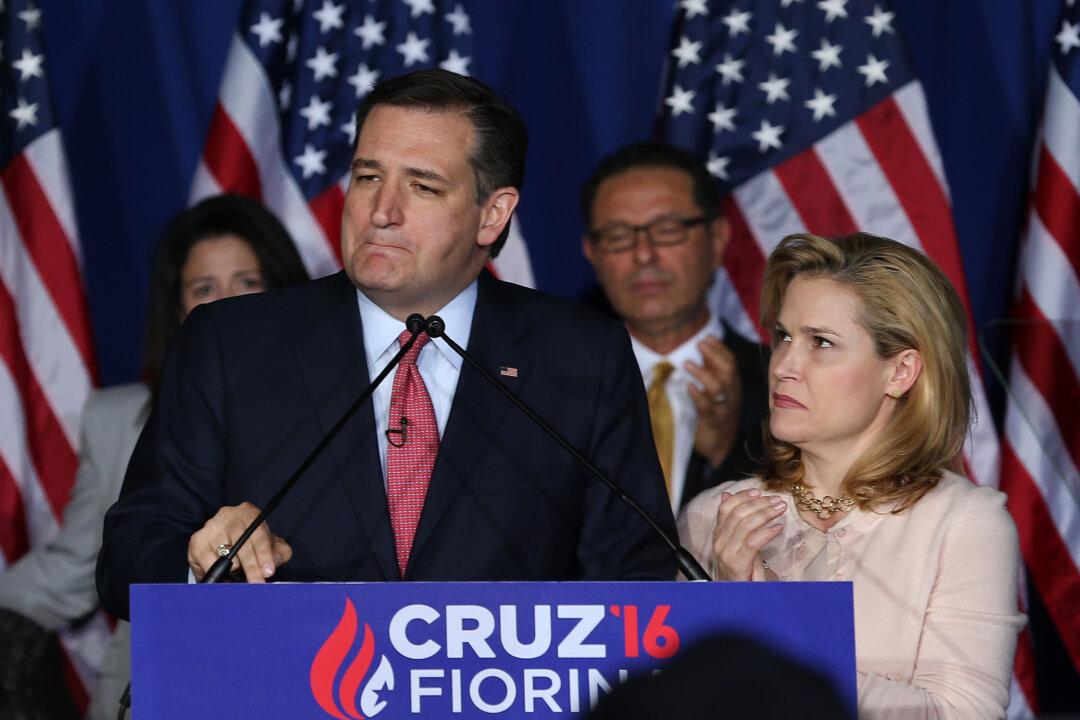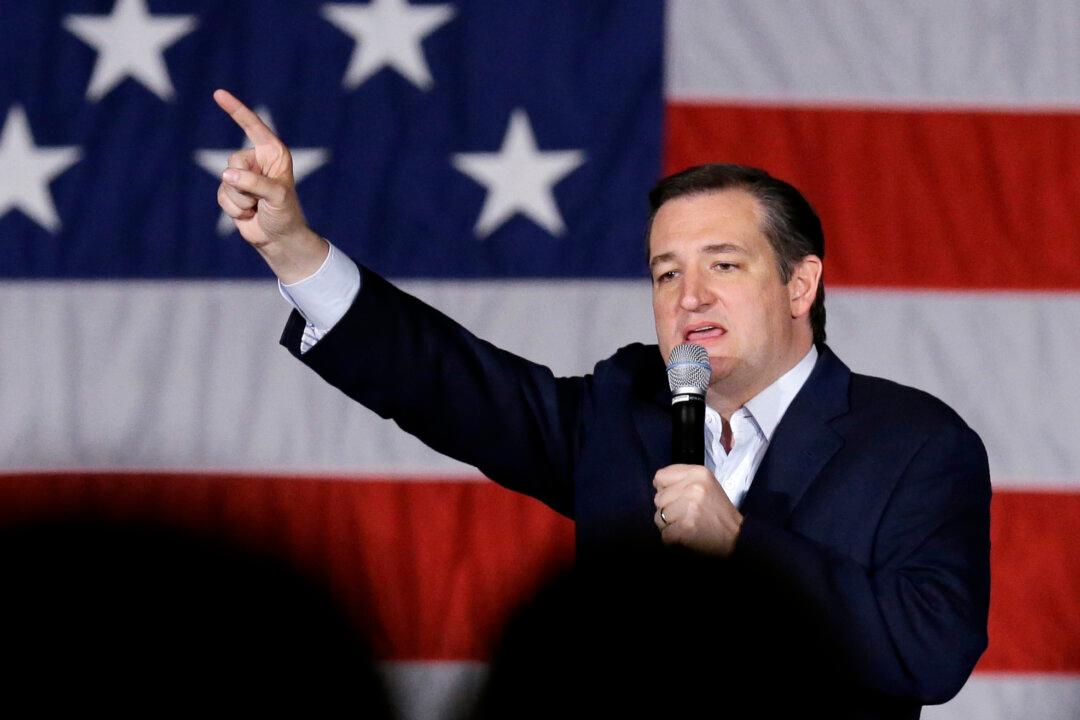Donald Trump won 7 of the 11 Super Tuesday states, to 3 for Ted Cruz and 1 for Marco Rubio. Trump’s best state was the Democratic stronghold of Massachusetts, where he won 49 percent. He also had solid wins in Alabama (43 percent), Georgia and Tennessee (both 39 percent); in these four states, Trump won a majority of the delegates.
Trump narrowly won Arkansas (33-30 vs Cruz), Virginia (35-32 vs Rubio) and Vermont (33-30 vs John Kasich). He had narrow losses to Cruz in Oklahoma (34-28) and Alaska (36-34), and an embarrassing third place finish in Minnesota (Rubio 37 percent, Cruz 29 percent, Trump 21 percent). Trump’s poor performance in Minnesota may have been because it is a caucus state; he also underperformed in the Iowa caucus, and he had been expected to win the Alaska caucus.
Cruz dominated his home state of Texas, the biggest Republican prize with 155 delegates. He won 44 percent of the vote, to 27 percent for Trump and 18 percent for Rubio. He appears to have won all of Texas’ Congressional Deistricts (CDs), giving him two of three delegates for each CD. As a result, Cruz looks likely to win 103 Texan delegates, to 50 for Trump and 2 for Rubio.
Despite Cruz’s wins, his path to the nomination remains in tatters, as he needed to win many more southern states. He is likely to win in highly religious states, such as Kansas and Utah, but he will not come anywhere near a majority of delegates.




